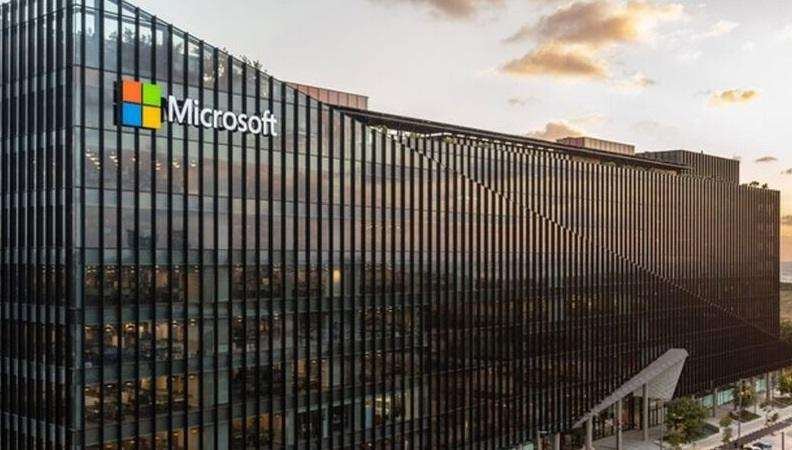
Microsoft announced an investment in green cement manufacturer Fortera, alongside an agreement securing rights to procure low-carbon cement from the company, forming part of the tech giant’s efforts to advance technologies to address the carbon footprint of its datacenters, as well as to help advance the sustainable materials market.
Cement production is a significant contributor to global greenhouse gas emissions, and one of the more difficult sectors to decarbonize. Cement currently accounts for approximately 8% of global carbon dioxide emissions, with over 900 kg of CO2 emissions generated for every 1,000 kg of material produced.
Founded in 2019, California-based Fortera is a materials technology company, focused on lowering the carbon footprint of cement, utilizing an approach that transforms waste CO2 into feedstock, enabling plants to produce more from existing resources. According to the company, its “ReCarb” technology produces cement with 70% lower CO2 emissions compared with ordinary portland cement (OPC), and can integrate with existing cement facilities, allowing producers to keep their kilns and established distribution networks, while maintaining cost parity with OPC.
Fortera currently operates a 15,000-ton-per-year facility, while the new investment from Microsoft’s Climate Innovation Fund (CIF) will support the construction of its full-scale 400,000 ton-per-year commercial facility.
Ryan Gilliam, CEO of Fortera, said:
“Microsoft’s collaboration with Fortera aligns with our goal to advance novel technologies to commercially available products. Across a range of sectors, Microsoft has played a catalytic role in overcoming market barriers to decarbonization. Their investment highlights the impact our full commercial-scale plant brings to the low-carbon building materials space.”
The new investment marks the latest in a series of moves by Microsoft to advance the sustainable materials market and address the carbon footprint of its data centers, including another recent low-carbon cement agreement with Sublime Systems, and an agreement for green steel earlier this month with Swedish startup Stegra. Last year, Microsoft announced that it would pioneer the use of wood in datacenter construction to replace steel and concrete, in addition to initiatives including updating contract language to include low-carbon requirements for materials and equipment used in datacenter construction, and investments in low-carbon building materials technologies and developers, such as Boston Metal, CarbonCure, and Prometheus Materials through the CIF fund.
Brandon Middaugh, General Manager of Sustainability Markets & Climate Innovation Fund at Microsoft, said:
“We are making long-term investments that will help us achieve our 2030 carbon negative goals. Corporate investment can assist in jumpstarting and scaling nascent markets like low-carbon cement. Our team was attracted to Fortera’s approach due to its potential for deep emission reductions, competitive cost targets, and its expected compatibility with existing production infrastructure.”














